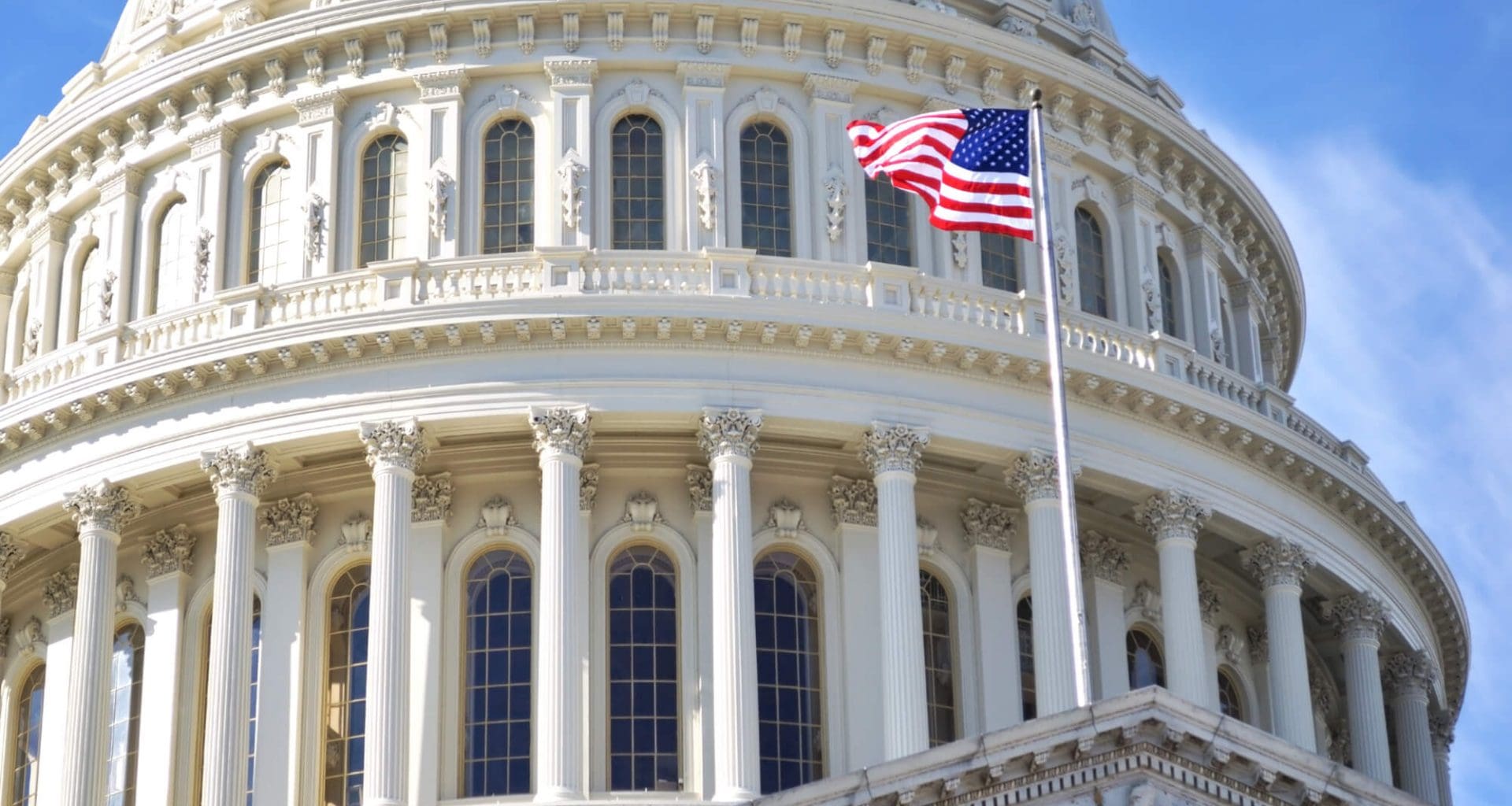Başkan Patrick McHenry’nin yaptığı duyuruya göre, Amerika Birleşik Devletleri Temsilciler Meclisi Finansal Hizmetler Komitesi 20 Eylül’de dijital doların geleceğini belirleyebilecek iki kritik yasa tasarısını imzalayacak. Fakat bu tasarılar, sadece mecliste değil, aynı zamanda kamuoyunda da oldukça tartışmalı.
İki Yeni Tasarı Sunulacak
İlk tasarı, Federal Reserve’ün Kongre’nin onayı olmadan CBDC testleri ve pilot programlar yürütmesini yasaklamayı amaçlayan Dijital Dolar Pilot Önleme Yasası veya H.R. 3712. Temsilci Alex Mooney tarafından Mayıs ayında önerilen bu mevzuat, Fed’in bağımsızlığını sınırlayabilir ve CBDC’nin benimsenmesini yavaşlatabilir.
İkinci tasarı ise daha geniş kapsamlı ve Federal Rezerv bankalarının bireyler için belirli ürün veya hizmetler sunmasını yasaklamayı öngörüyor. Bu, CBDC’nin para politikası ve diğer amaçlar için kullanılmasını da yasaklıyor.
Tasarıda, “Bir Federal rezerv bankası, bir merkez bankası dijital para birimini veya başka herhangi bir ad veya etiket altında önemli ölçüde benzer herhangi bir dijital varlığı, bir finans kurumu veya başka bir aracı aracılığıyla dolaylı olarak bir bireye teklif etmeyecektir,” ifadesine yer verildi.
Kamuoyu ve Siyasi Görüşler
Dijital dolar ihtimali ABD’de çeşitli tartışmalara yol açtı. Başkan adayları Robert F. Kennedy Jr. ve Ron DeSantis, finansal gizlilik kaygıları nedeniyle bir CBDC oluşturulmasına karşılar; ancak CBDC’nin destekçileri, bunun doların küresel etkinliğini koruyacağını ve kripto para birimlerinin daha fazla benimsenmesini sağlayacağını savunuyor.
Temsilciler Meclisi Finansal Hizmetler Komitesi’nin bu yasa tasarıları üzerindeki kararı, ABD’nin dijital para birimi konusundaki geleceğini önemli ölçüde etkileyecek.
Kaynak: Cointelegraph








